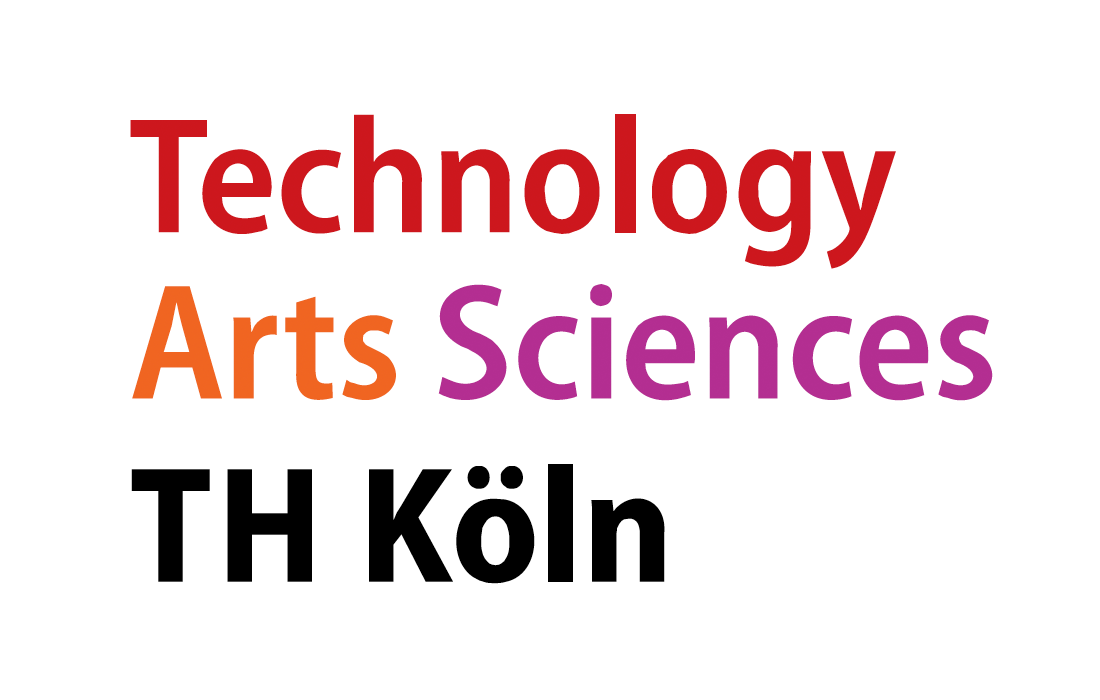Beitrag zu Handlungsfeldern
Nachfolgend ist die Zuordnung des Moduls zu den Handlungsfeldern des Studiengangs aufgeführt, und zwar als anteiliger Beitrag (als ECTS und inhaltlich). Dies gibt auch Auskunft über die Verwendbarkeit des Moduls in anderen Studiengängen und über die Beziehung zu anderen Modulen im selben Studiengang.
| Handlungsfeld |
ECTS (anteilig) |
Modulbeitrag zum Handlungsfeld |
| Generating and Accessing Knowledge |
4 |
The course introduces the basic concepts of Linked Open Data (LOD) as well as the construction of knowledge graphs.
|
| Acting Responsibly |
1 |
The course introduces the basic concepts of Linked Open Data (LOD) as well as the construction of knowledge graphs.
|
| Designing Innovations and Products |
1 |
The course introduces the basic concepts of Linked Open Data (LOD) as well as the construction of knowledge graphs.
|
Learning Outcome
The course aims to equip students with the knowledge and skills needed
to leverage Linked Open Data (LOD) and Knowledge Graphs effectively in
various professional contexts. Through active participation,
discussions, and a hands-on project, students will gain a deep
understanding of how LOD and knowledge graphs are transforming the way
data is managed and knowledge is represented in the digital age. We
will explore real world applications like
Wikidata and Open Research Knowledge Graph
(ORKG).
After finishing this course students are able to use, extend and
construct knowledge graphs.
Inhaltliche Beschreibung des Moduls
- Linked Open Data
- Knowledge Graphs
- Semantic Searches
- RDF
- SPARQL
- Applications - Wikidata and ORKG
The course adopts an interactive seminaristic style, fostering active
engagement and collaborative learning among participants. In addition
to comprehensive lectures, the seminar incorporates paper discussions,
enabling students to critically analyze and debate research papers and
case studies related to Linked Open Data and Knowledge
Graphs. Furthermore, students will have the opportunity to showcase
their understanding through presentations, where they can articulate
their insights and findings on relevant topics. To reinforce practical
application, the seminar culminates in a programming project, where
participants will design, implement, and evaluate a real-world project
that involves the construction and querying of a knowledge graph,
applying the principles learned throughout the seminar. This
multifaceted approach ensures that students not only acquire
theoretical knowledge but also gain hands-on experience and the
ability to apply these concepts in practical scenarios.
Zur Verfügung gestelltes Lehrmaterial
- lecture slides and videos
- exercises
Weiterführende Literatur
-
Hitzler, Pascal. “A review of the semantic web field.”
Communications of the ACM 64.2 (2021):
76-83. https://doi.org/10.1145/3397512
-
“Knowledge Graphs – Methodology, Tools and Selected Use
Cases”, Fensel, D.,
Şimşek, U., Angele, K., Huaman, E., Kärle, E., Panasiuk, O., Toma,
I., Umbrich, J., Wahler, A., 2020, ISBN 978-3-030-37439-6
